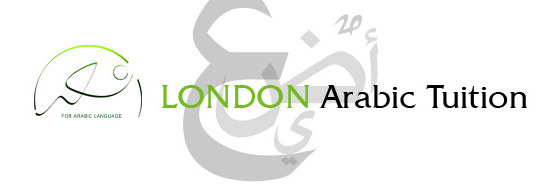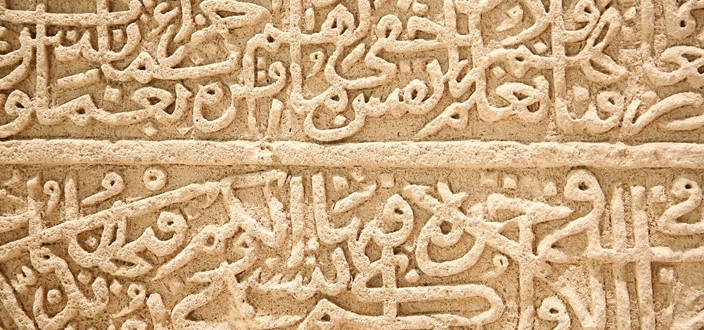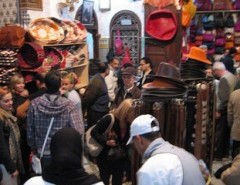If you’re interested in learning to speak Arabic, you may be surprised to realise that there are differences between different dialects. Traveling for business or pleasure, it’s useful to be able to speak Arabic because it opens up a new world to you.
There are three different Arabic dialects that are mainly spoken. We’ll cover two of them in this article as they’re often the two most commonly learned and needed when in the Middle East. Let’s explore Egyptian vs Levantine Arabic now.
Levantine Arabic
Levantine Arabic is the dialect spoken by over 20 million people across the planet. It’s mostly heard in the Arabic-speaking world in Syria, Palestine, Lebanon, Jordan, and along the eastern coastal parts of Israel. Typically, when ex-pats from these countries have moved to the West or elsewhere, this is the Arabic that they’ve been speaking which will sound different to either Egyptian Arabic or Gulf Arabic.
The dialect is not an official language or distinctly seen as separate in the countries mentioned above. In a country such as Lebanon, the Modern Standard Arabic (MSA) is the language seen as the official one now. Modern Arabic is used in government offices, schools, in media, and other communications. However, in the above countries, for casual conversations between friends and family, at the office, or around the community, people revert to speaking Levantine Arabic. The main influence of its continued use is through the larger Lebanese and Palestinian communities.
Egyptian Arabic
Egyptian Arabic is the national language in Egypt and over 52 million people speak it regularly. For a number of other countries in the Middle East, it is used as a second language to their primary one. The countries of Libya, Yemen, Israel, Iraq, Jordan, Kuwait, and the United Arab Emirates are the most frequently cited where Egyptian Arabic is spoken. Perhaps 54 million people speak this version of Arabic worldwide.
These days, MSA is also the official language in Egypt where it’s heard on television and in some produced media. It’s also the go-to language for formal occasions and used in formal matters. With Egyptian Arabic, it’s found in music, across the media and literature, and in some newspaper publications that don’t use MSA.
Egyptian Arabic is well-known because the Egyptian film industry is well-advanced. It’s been nicknamed Hollywood on the Nile with its busy studios pushing out over 3,000 films since the early 1920s.
Differences Between Dialects
With Levantine Arabic, it takes its cue from several other languages. It has similarities to French, Hebrew, Greek, and also English. Indeed, just like when studying French after learning English, some Arabic words will be familiar to a French speaker which makes their learning experience easier and faster. What is most noticeable with Levantine Arabic is that the vowels and some affixes are brought together commonly. In some cases, the feminine and masculine gender is used in first person and also second and third person usage, but not always.
For Egyptian Arabic, there’s an initial stem and other items used to produce words. The other stems created possibly have more than one meaning. Forms use their own passive and active participles, nouns and verbs too.
Should You Learn One Dialect or More Than One?
It’s reasonable to assume that you need to learn the dialect that will be spoken in the area where you’re visiting or you live today. From there, learning one or two of the other dialects is also useful. As MSA gets more used, that’s also good to have a grounding in within your language studies. You don’t want to find yourself in a situation where you speak one form of Arabic but the people around you are speaking a different dialect as you could be missing out.
Learning any language is fun and interesting. Given that the various dialects of Arabic are spoken so widely in the Middle East and elsewhere in Middle Eastern expat communities, it opens the opportunity to make new friends and business associates when you can speak the various Arabic dialects yourself.




Leave a Reply
You must be logged in to post a comment.